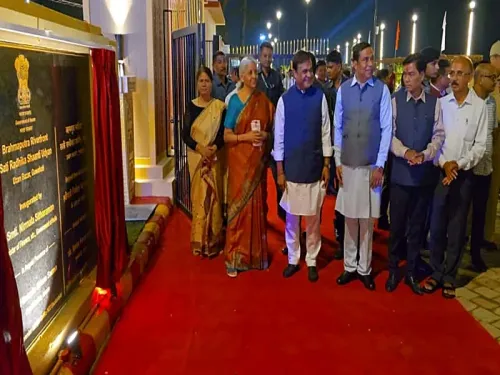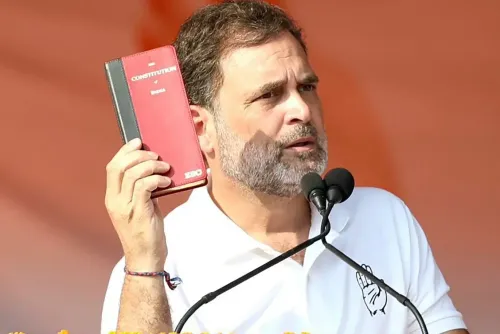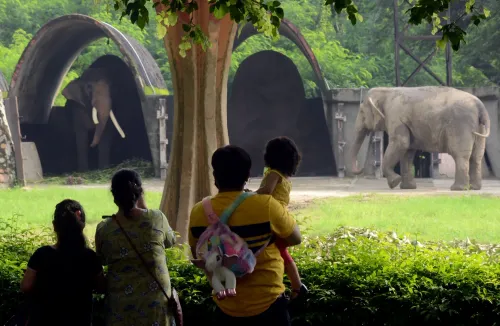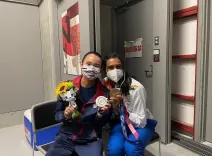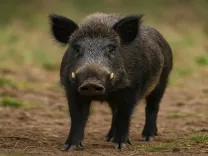Why Did Sejal Shah Choose to Direct ‘Costao’?
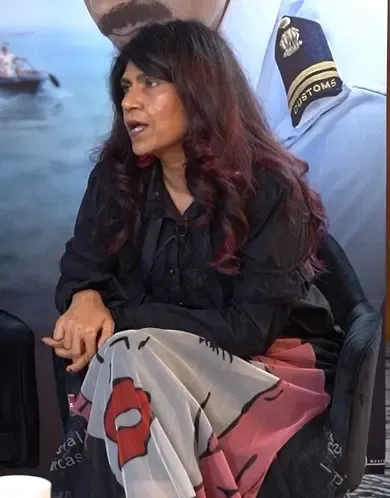
Synopsis
Key Takeaways
- Sejal Shah's directorial debut showcases a unique narrative.
- Nawazuddin Siddiqui's involvement adds star power to the project.
- The film authentically depicts the 90s smuggling era.
- It highlights the often-overlooked role of customs officers.
- The film is based on a true story, enhancing its emotional impact.
Mumbai, April 28 (NationPress) Sejal Shah is making her directorial debut with the Nawazuddin Siddiqui-led biographical drama “Costao”.
In an exclusive interview with IANS, she shared her motivations for selecting this particular narrative, along with the obstacles she encountered during production.
Sejal explained to IANS, “I stumbled upon the story of Kostav and felt an undeniable urge to bring it to life. We eventually transformed it into a script. What intrigued me the most was the hero’s courageous and intricate journey. I was lucky to have the support of Nawaz and Vinod for this project. Surprisingly, my debut journey was far more seamless than I had anticipated—many newcomers don’t experience such fortune.”
When questioned about the relevance of “Costao”, which delves into the smuggling scene of the 90s, Sejal responded, “We aimed for an authentic portrayal of the 90s. Crafting a period piece is always a challenge—it took considerable time to find suitable locations and recreate that era visually. However, we did not glamorize it. Instead, we presented the reality. Most people are unaware of the actual responsibilities of customs officers during that time, particularly in Goa. Their roles were far more complicated than the typical representations found in Hindi films, where law enforcement usually takes center stage. Customs intelligence work is incredibly demanding, and many officers risked their lives without formal training. This role truly deserves recognition.”
Meanwhile, regarding the motivations behind choosing to embark on “Costao”, Nawazuddin stated, “There can't be just one reason. Several factors influenced my decision. However, if I had to pinpoint a few, it would be the two individuals beside me—Sejal and Vinod—who played major roles. The writing was exceptional. And of course, it was about Costao —his remarkable personality and life story. His bravery, integrity, discipline, and courage deeply affected me.”
Based on the real-life account of Costao Fernandes, a customs officer from Goa who risked everything to dismantle a significant gold smuggling operation, “Costao” is set to premiere on May 1 on ZEE5.

